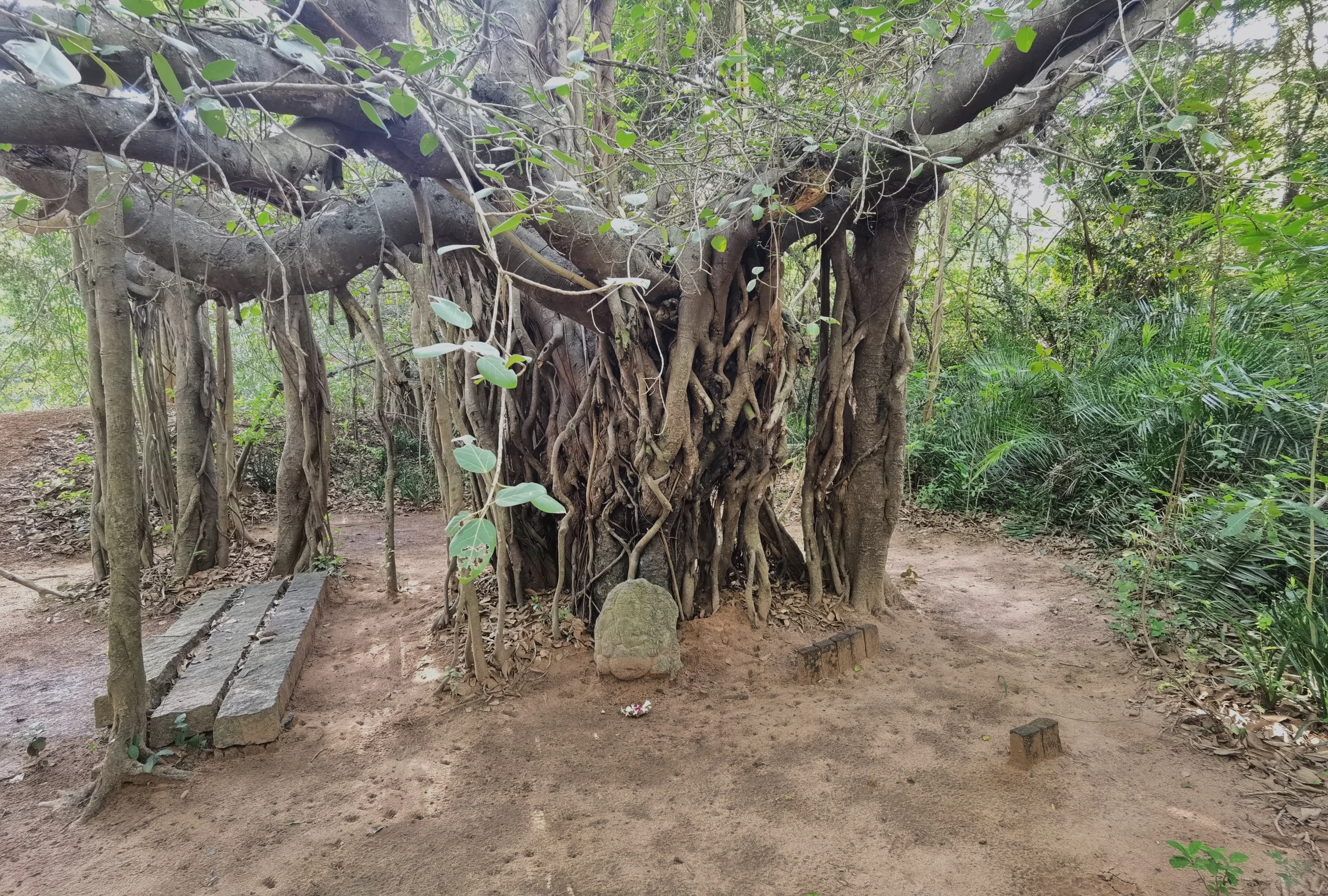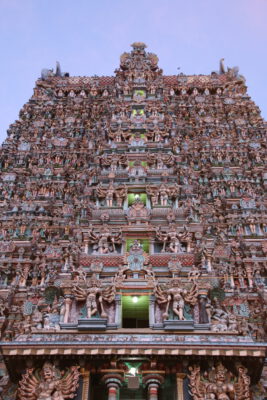Noday I stumbled across David Hume again. I remember how intensively we studied his writings in Heidelberg. We went very deeply into the text, very meticulously and systematically. It was the opposite of those Anglo-American history of ideas lectures. So I stumbled across the concept of taste in Hume, as the core of his 'aesthetic' theory. I thought of Rasa and began a Conversation with the AI. Larger connections became clear to me, lines that I had never seen. However, I was a little disappointed by the superficiality. But if I compare the conversation with other conversations I've had with people over dinner, it was one of the more interesting ones.
So I wanted to find out more and looked up Gilles Deleuze. He was already taking part in the fictional conversation with AI, but his later essay on David Hume is on a completely different level. Deleuze's analysis is brilliant. He shows the full power of Hume's revolutionary approach, a thinking that is empirical and positivist, the power of the intellect that works with assumptions of causality, and also with the power of association and intuition to show how man builds an edifice of thought. This thought structure is not oriented towards metaphysical concepts such as self, God or world, but shows how thought itself moves and unfolds. It quickly becomes clear why Deleuze returned to David Hume towards the end of his life.
Dvaitadvaita
However, this throws me into a bit of a crisis, or hopefully to a point where I can find a new synthesis. After all, crises and new beginnings are often not so different. As I am on the fringes of what I can think, it is difficult to formulate this. Nevertheless, here's an attempt: the dualism of the Western tradition of thought is a trap from which it is difficult to escape. This is largely due to the fact that this dualism attaches great importance to the self. Once one has assumed oneself to be the center of the world, to place one's own rights above those of everything else and to fence them in again only by virtue of rational principles, a world view emerges that is concentrated on the individual person, which is expressed religiously in the tales of woe of individual prophets. The trials and tribulations of this tale of woe are part of great subjective narratives that are expressed in art.
The way out of this is not to dissolve dualism one-sidedly, i.e. into a materialistic position or a purely metaphysical position, but into a philosophy of immanence. This immanence, i.e. the idea that there is only one world that contains everything in its complexity, demands a new way of thinking. Space and time, change and process, relation and the individual, difference and repetition, resonance and language and so much more must be rethought. That was Deleuze's project. And that is also the project of the Upanishads. And that is the reason why I am reading Deleuze in India.
Now I read Deleuze's thoughts on Hume and remember my philosophy studies, and the desperate trench warfare in dualism. But I see that Hume and the Vedas are striving for something similar. A deep insight into the nature of the cosmos, without an exaggerated self-exaltation of the self. This may sound somewhat absurd, since in the Upanishads, Atman, the self as a principle, Purusha as the primordial soul, and Brahman as the creator are the starting point of thought. But this is exactly where the connection lies. The Upanishads think it together, as a kind of self-differentiation as in Hegel's Phenomenology of Spirit. This differentiation is only possible in a thinking of immanence, where the different traditions of thought over the millennia and continents converge.
So the crisis that this triggers for me is this: I understand the perspective of the empiricist, and the perspective of the Vedas. Both of them come across dualism, in two forms, in a dualistic way. And in the Vedas one then speaks of Dvaitadvaita - dualism-non-dualismthe duality of duality and non-duality. And while I myself approach this concept of dvaitadvaita a little, my confusion arises from the fact that this happens with the help of AI.







